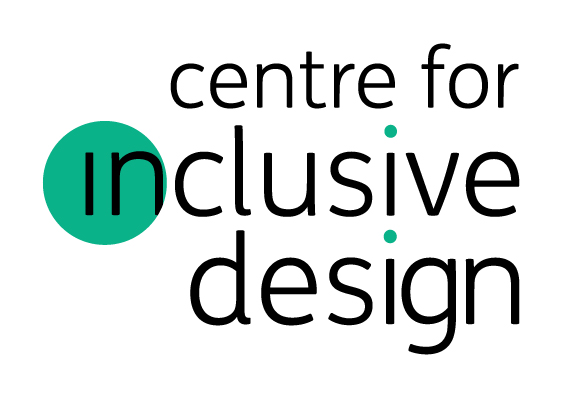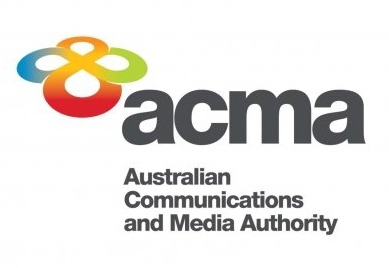Media Access Australia is expanding our mission!

Centre for Inclusive Design logo
Instead of just concentrating on promoting inclusion through technology for those with a vision, hearing, cognitive or mobility disability, the charity is now going to focus on inclusion through participation, for people of all abilities, backgrounds and social circumstances.
Top of page


.png)



